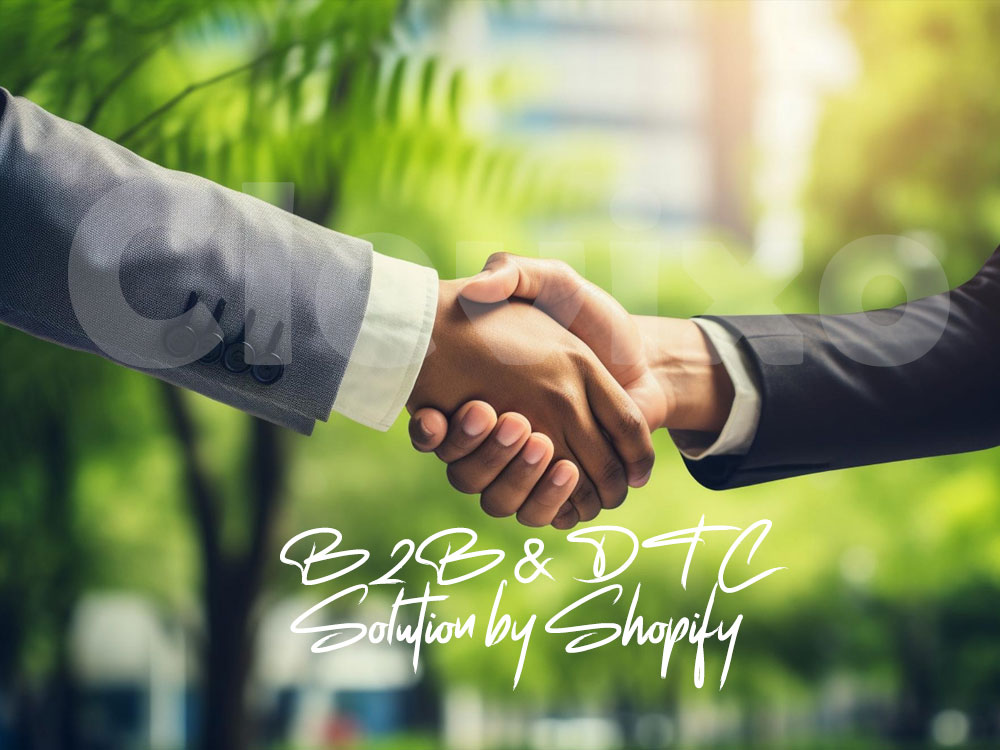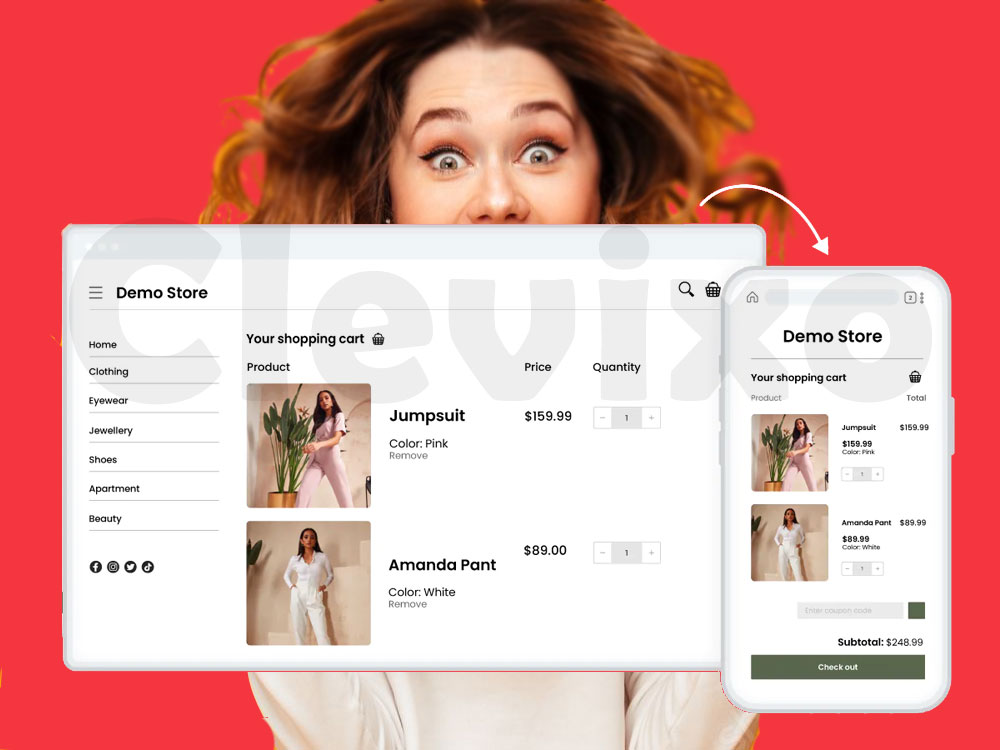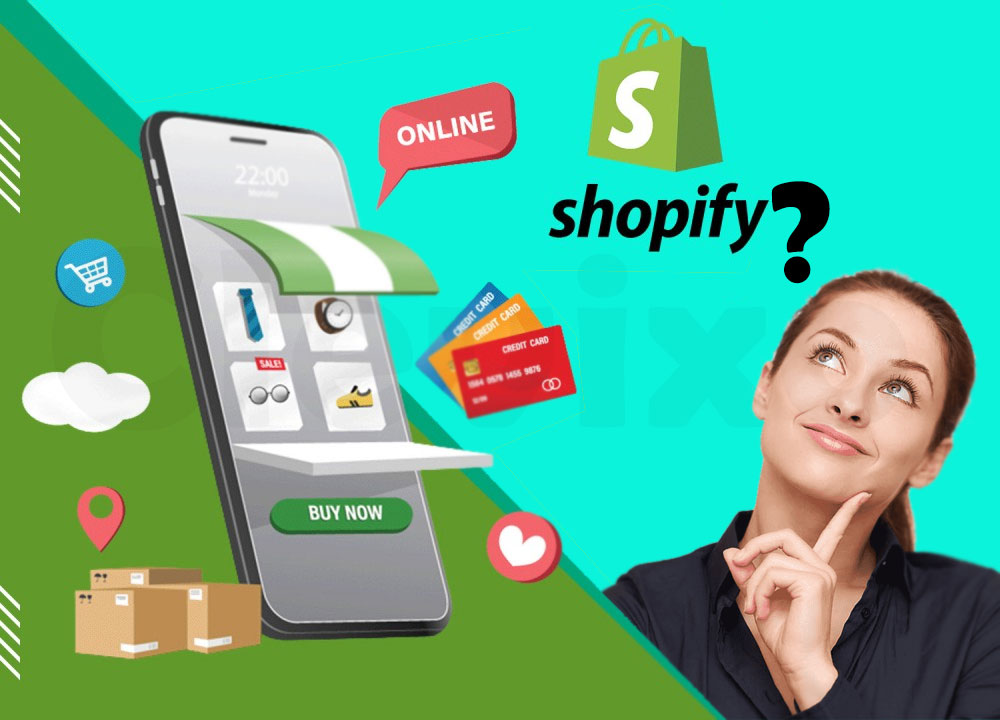

Shopify: The Ultimate Solution for B2B and DTC Success
Get started with Shopify today and transform your B2B and DTC business—Click here
Shopify has long been recognized as one of the most popular e-commerce platforms. It caters to a wide range of business needs, from small startups to established enterprises. In recent years, Shopify has emerged as a go-to solution for businesses looking to manage both Business-to-Business (B2B) and Direct-to-Consumer (DTC) operations in one unified platform. Below is a comprehensive guide covering all you need to know about Shopify’s B2B and DTC capabilities, including benefits, features, pricing, integrations, implementation, and critical considerations.
Why Choose Shopify for B2B and DTC?
Unified Platform
One of Shopify’s standout features is its ability to manage both B2B and DTC operations from a single backend. This eliminates the need for separate systems and reduces complexity.
Scalability
Shopify can grow with your business, offering plans and features that scale from small businesses to large enterprises.
Customization
With a wide range of themes and apps, Shopify can be tailored to meet the specific needs of B2B and DTC markets.
Omnichannel Sales
Shopify enables you to sell on multiple channels, including online stores, social media, and physical retail locations.
Payment Flexibility
With Shopify Payments and third-party integrations, you can offer multiple payment options, catering to both B2B clients and individual consumers.
Features for B2B Businesses
1. Custom Pricing and Discounts
- Set custom pricing tiers for different clients or wholesale buyers.
- Offer bulk discounts and special promotions.
2. Account Management
- Allow businesses to create and manage their own accounts.
- Assign specific roles and permissions within client accounts.
3. Order Management
- Enable purchase orders (POs) for B2B clients.
- Manage bulk orders efficiently with tools like quantity rules.
4. Payment Terms
- Offer flexible payment terms such as net-30 or net-60.
- Integrate with invoicing systems for seamless transactions.
5. Integration with ERP and CRM Systems
- Sync Shopify with enterprise resource planning (ERP) and customer relationship management (CRM) tools for streamlined workflows.
6. Multi-Language and Multi-Currency Support
- Cater to international clients with localization features.
Features for DTC Businesses
1. User-Friendly Storefront
- Choose from thousands of themes to create a professional and engaging online store.
- Customize the storefront to reflect your brand identity.
2. Marketing Tools
- Use built-in SEO tools, email marketing integrations, and social media advertising features.
- Leverage Shopify’s abandoned cart recovery to boost conversions.
3. Product Management
- Easily add, edit, and manage your product catalog.
- Offer subscriptions, product bundles, and upsells.
4. Analytics and Insights
- Access detailed reports on customer behavior, sales trends, and marketing performance.
5. Third-Party App Ecosystem
- Extend your store’s functionality with apps for reviews, loyalty programs, and more.
Pricing for Shopify’s B2B and DTC Solutions
Shopify offers several pricing tiers:
1. Basic Shopify ($39/month)
- Ideal for small DTC businesses.
- Features include an online store, basic reporting, and 2 staff accounts.
2. Shopify ($105/month)
- Suitable for growing DTC and small-scale B2B operations.
- Includes professional reports and up to 5 staff accounts.
3. Advanced Shopify ($399/month)
- Best for scaling businesses with complex needs.
- Features advanced reporting and up to 15 staff accounts.
4. Shopify Plus (Custom pricing starting around $2,000/month)
- Tailored for enterprises managing both B2B and DTC.
- Includes advanced customization, priority support, and integrations.
Benefits of Combining B2B and DTC on Shopify
1. Operational Efficiency
Manage inventory, orders, and customers across both B2B and DTC channels from one dashboard.
2. Cost Savings
Avoid investing in separate platforms or duplicate systems.
3. Enhanced Customer Experience
Deliver a seamless shopping experience, whether catering to businesses or individual customers.
4. Data-Driven Decisions
Consolidated reporting provides insights across both business models, helping you refine strategies.
How to Implement Shopify for B2B and DTC
- Set Up Your Shopify Account
- Choose a plan that suits your business needs.
- Configure your store settings, including language, currency, and taxes.
- Design Your Storefront
- Select a theme from Shopify’s Theme Store.
- Customize the layout and branding to reflect your business.
- Enable B2B Features
- Use Shopify Plus for advanced B2B tools like custom pricing, account management, and payment terms.
- Install apps like “Wholesale Club” or “B2B/Wholesale Solution” to enhance B2B functionality.
- Configure DTC Features
- Add products with detailed descriptions, images, and pricing.
- Enable marketing tools like Shopify Email and integrations with social media platforms.
- Integrate with Third-Party Systems
- Connect Shopify with your ERP, CRM, or accounting software for seamless data flow.
- Test Your Store
- Conduct thorough testing to ensure smooth functionality for both B2B and DTC customers.
- Launch and Promote
- Go live and use Shopify’s marketing tools to attract traffic and drive sales.
Start Your Shopify Journey Today
Shopify provides a robust solution for businesses looking to unify their B2B and DTC operations. With its scalability, customization, and extensive ecosystem, Shopify can help you streamline operations, enhance customer experience, and grow your business. Evaluate your needs and take the first step towards a successful e-commerce journey with Shopify.
Get started with Shopify today and transform your B2B and DTC business—Click here








